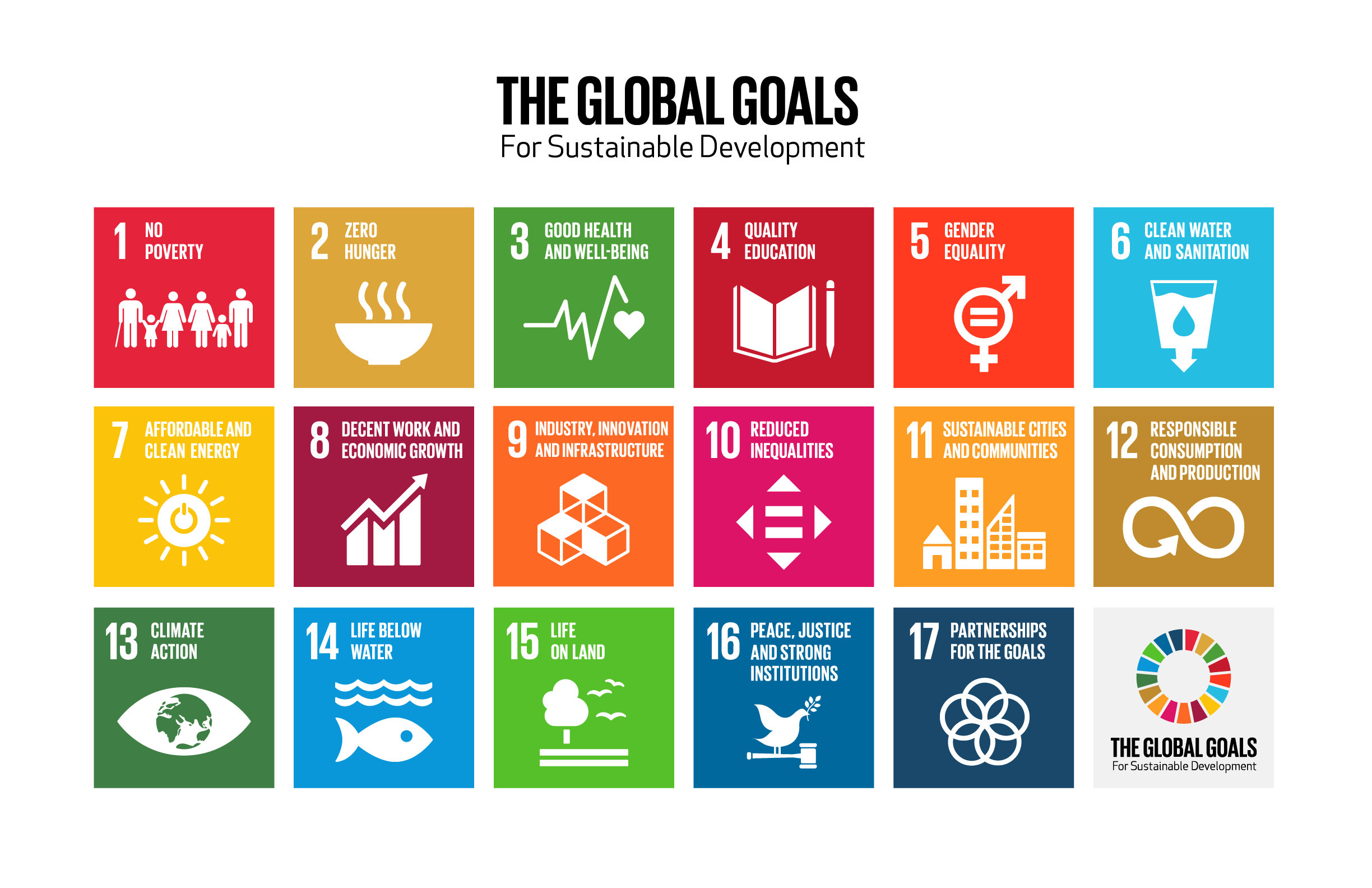SUSTAINABLE PROCUREMENT BLOGS
Making efforts to integrate sustainability into an organization’s purchasing is a way to have ripple effects of positive impact in global supply chains. The blogs on this page address topics ranging from social and environmental harm common in supply chains and steps you can take to address those.
Download a free report on challenges and opportunities in supplier diversity. It’s not easy work so this is a call to GO ROGUE and drive change in your organization!
Policies and contracts often get in the way of moving forward with improvements that would achieve desirable social and environmental outcomes. I frequently speak with those, both those selling ideas from within the organization and those outside selling products and services that help companies be more sustainable. When it comes to selling ideas, products, and services to larger organizations, one of the most common obstacles you’ll run up against is contracts. This can be particularly frustrating because it feels like a hard, nonnegotiable NO - an unscalable mountain.
No doubt convenience, uniformity, and speed are high priorities when it comes to corporate procurement. Before you board the express train, take a moment to investigate the alternatives and consider a different route – the local route. It's likely when a corporation implements a buy local/shop small strategy, the common challenges are the FOUR Cs: Contracts, Chaos, Capacity, and Costs. Read our tips for overcoming these.
According to MCS Aware, a site dedicated to helping people with Multiple Chemical Sensitivity (MCS), it is a “chronic, physical illness affecting people of all ages and backgrounds. It causes sufferers to have allergic-type reactions to very low levels of chemicals in everyday products. Put simply the immune and detoxification systems stop working properly and the body cannot process toxins efficiently.” This blog is about my journey with chemical sensitivity and why it’s important to consider your customer’s comfort.
I am passionate about the concept of 'buy local' (and supporting small business and social enterprises). I often find things (products, souvenirs, services, restaurants, shops…) that even the locals I'm meeting with hadn't heard about. It's part research, part serendipity. I'm using the same map app they are. I don't have any special feature that says "show me the awesome local stuff." It takes setting an intention and going about your search in a specific way…
When customers decide they care, will you be ready or will you be scrambling to convince them you do? Because when it matters, it REALLY matters! Recent events have demonstrated how quickly a mention can become a movement. Are you ready? Consider the levels of consciousness that can suddenly arise like we have seen in the spring and early summer of 2020.
Small businesses make up about 90% of business worldwide yet receive a disproportionately low share of corporate and government procurement spend. Buying local and supporting small, disadvantaged businesses advances the SDGs but not without change in the purchasing practices of corporates and governments. Here's a list of reasons why small businesses needs your help so they can move the needle on the SDGs.
The number one thing sustainability experts and consultants hear when training others is “where do we start?” Somehow, not knowing where to start causes people to get frozen in inaction. They overthink it and fear they might get it wrong so why bother. The key: JUST START! Anywhere! And in this blog we provide a few simple things to get you going.
December is gift giving season, whether it’s for one of several religious festivities, a wedding or anniversary, a birthday, or just annual corporate gifting, it’s a good opportunity to question whether your gifts benefit those who make them. The blog includes tips for ensuring fair and humane supply chains in your purchasing, and a link to a webinar playback.
In this blog I feature the work of two social entrepreneurs I mentor, both working to promote biodiversity and alleviate poverty and hunger. One is a beekeeper who protects pollinators in China and the other is exploring innovative and practical ways to sustainably farm high protein, edible insects in Africa.
January is Human Trafficking Awareness month so in this blog we share links to a few recommended resources for learning what you can do to prevent and combat this atrocity. Also included is a link to a recorded session on the topic.
I write about the business case for sustainability. Rather than bury the lede, I’ll come right out with it. As an advocate for sustainability benchmarks, I wish the study I reference in this blog showed a clear consumer preference for them, but it does not. I chose to write this anyway, because a critical element of developing a case is to identify weaknesses and obstacles, so we can develop strategies to overcome them.
It started more than 10 years prior with a simple question: “Is that all we can do?” That was the pivotal question that lead to Alice Ferguson Foundation receiving the world’s 13th fully certified Living Building designation. Achieving this was anything but luck! In this article hear a synopsis of some milestone moments and see images from this picturesque spot.
A study showed guests have negative perceptions of three green hotel initiatives: low water pressure, temperature control, and green products. In the reviews analyzed, guests made comments to the effect of “I’m all for saving the environmental, but…” It’s a shame that “green” takes the blame, when it needn’t. Read more about each.
Social enterprises sell products or services to provide assistance and opportunity to disadvantaged populations, such as those formerly incarcerated or recovering from addiction. Hospitality and tourism companies can exponentially increase impact through social procurement and buying local.
















